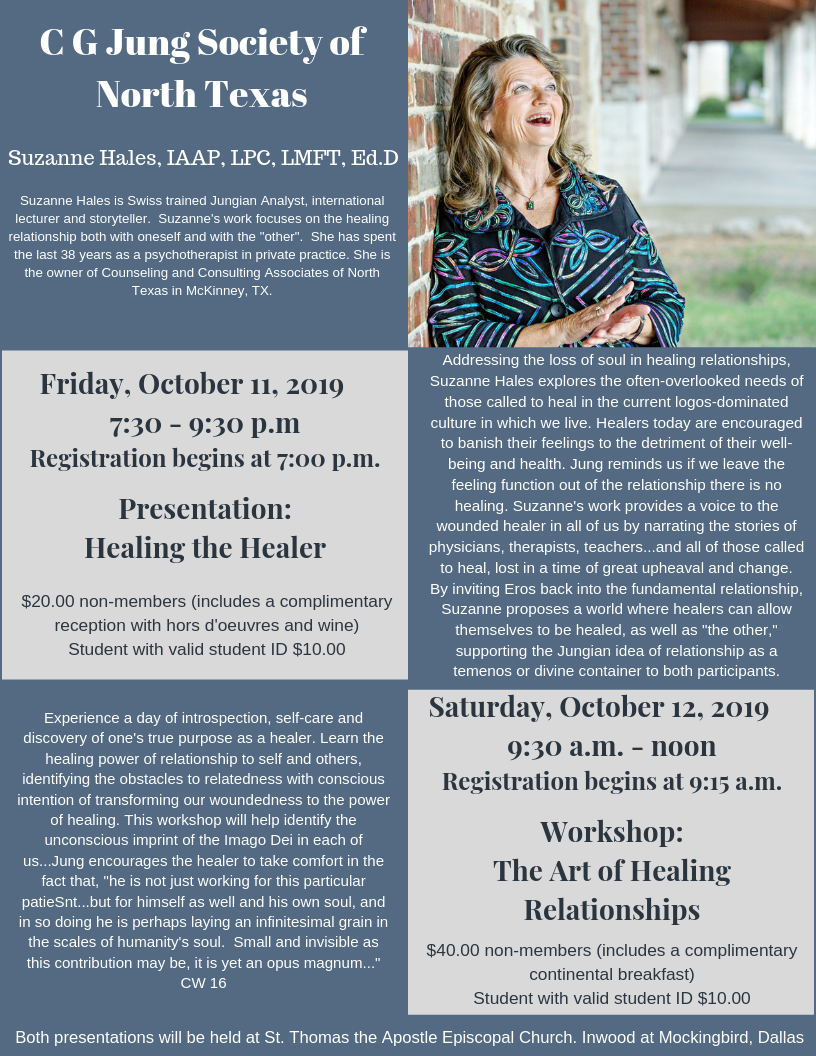Delusions are fixed, false beliefs that a person holds onto, even when presented with conflicting evidence. They’re more than just opinions or misunderstandings – they’re deeply held convictions that can significantly impact a person’s life.
I remember a friend who was convinced that his neighbors were spying on him through his TV. No matter how much we tried to show him it wasn’t possible, he wouldn’t budge from this belief. It was eye-opening to see how real these delusions can feel to the person experiencing them.
Common types of delusions
There are several types of delusions people might experience:
- Persecutory delusions: Believing others are out to harm them
- Grandiose delusions: Thinking they have special powers or importance
- Referential delusions: Feeling that random events have special meaning for them
- Somatic delusions: Believing they have a physical illness or defect
The impact of delusions on daily life
Delusions can turn a person’s world upside down. They might avoid social situations, struggle at work, or have difficulty maintaining relationships. In severe cases, delusions can lead to dangerous behavior or complete isolation.
Recognizing Signs of Delusional Thinking
Behavioral changes to watch for
Keep an eye out for:
- Increased suspicion or paranoia
- Sudden changes in daily routines
- Difficulty concentrating or making decisions
- Neglecting personal hygiene or responsibilities
Verbal cues and communication patterns
Listen for:
- Frequent references to their delusional beliefs
- Difficulty following conversations or staying on topic
- Increased defensiveness when their beliefs are questioned
Social and relationship impacts
You might notice:
- Withdrawal from friends and family
- Strained relationships due to delusional beliefs
- Difficulty maintaining employment or social commitments
Building Trust and Open Communication
Creating a safe, non-judgmental environment
It’s crucial to create a space where your loved one feels comfortable sharing their thoughts without fear of ridicule. This means setting aside your own judgments and really trying to understand their perspective.
Active listening techniques
Practice these active listening skills:
- Give your full attention
- Use non-verbal cues like nodding to show you’re engaged
- Reflect back what you’ve heard to ensure understanding
Expressing concern without confrontation
Instead of arguing against their beliefs, try saying something like, “I can see this is really troubling you. I care about you and want to help. Have you considered talking to someone who might have more insight into these experiences?”
Encouraging Professional Help
Discussing the benefits of mental health treatment
Highlight how professional help could improve their quality of life. You might say, “I’ve noticed you’ve been feeling stressed lately. Talking to a therapist could help you find new ways to manage these feelings and make day-to-day life easier.”
Addressing fears and misconceptions about therapy
Many people have misconceptions about therapy. Assure them that seeking help doesn’t mean they’re “crazy” or weak. It’s a sign of strength to recognize when you need support.
Offering support in finding appropriate resources
Offer to help research mental health professionals in your area or assist in making the first appointment. Sometimes, taking that first step can be the hardest part.
Navigating Resistance and Denial
Understanding why someone might refuse help
It’s common for people with delusions to resist help. They might not believe anything is wrong, or they could be scared of what treatment might entail. Try to approach the situation with empathy and patience.
Strategies for gentle persistence
Don’t give up after the first refusal. Keep expressing your concern and offer support consistently. You might say, “I know you don’t feel you need help right now, but I care about you and I’m here if you ever want to talk or explore options.”
Setting boundaries and self-care for helpers
Remember to take care of yourself too. Set clear boundaries about what you can and can’t do to help. It’s okay to step back when you need to recharge.
Supporting the Treatment Process
Accompanying them to appointments
Offer to go with them to their first few appointments. Your presence can provide comfort and support during what might be a scary process for them.
Encouraging medication adherence (if prescribed)
If medication is part of their treatment plan, gently remind them to take it as prescribed. You could help by setting up a pill organizer or reminders on their phone.
Participating in family therapy sessions
Family therapy can be incredibly helpful. It can give you tools to better support your loved one and improve communication within the family.
Summary
Helping someone with delusions seek professional help is a journey that requires patience, empathy, and persistence. By understanding delusions, recognizing the signs, building trust, encouraging professional help, navigating resistance, and supporting the treatment process, you can play a crucial role in your loved one’s path to recovery.
FAQs
What if the person becomes aggressive when approached about their delusions?
If you ever feel unsafe, remove yourself from the situation and seek professional help immediately. Your safety is paramount.
How long does it typically take for someone to agree to seek help?
There’s no set timeline. It can take weeks, months, or even years. The key is to remain patient and consistent in your support.
Can delusions be cured completely?
While complete “cure” might not always be possible, many people learn to manage their symptoms effectively with proper treatment.
What should I do if the person stops taking their medication?
Encourage them to speak with their doctor about their concerns. Never advise them to stop or change medication without professional guidance.
Are there support groups for family members of individuals with delusions?
Yes, many communities offer support groups for families dealing with mental health issues. These can be great resources for information and emotional support.



